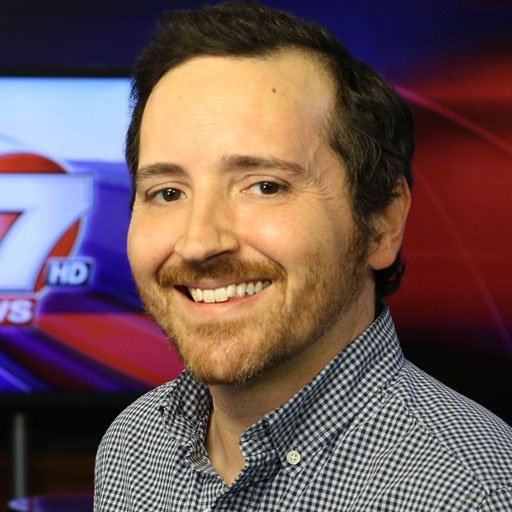Columbia Board of Education candidate interview: Alvin Cobbins
COLUMBIA, Mo. (KMIZ)
ABC 17 News is interviewing candidates for key races in the April election.
The interviews will air on ABC 17 News leading up to the April 2 election and will be posted online as they air.
ABC 17 News: Why are you running and what are your qualifications?
Alvin Cobbins: I am retired. And I do one day a week home health care, and the most of my time is spent volunteering in the community. I'm a facilitator for jobs and workforce development. And I take it serious.
I think that the board is a good board as it is already constructed. But one of the things that I want to bring to the board is I want to bring togetherness to the board, I want to bridge the gap. And I know we hear a lot of that. But I truly want to reach out to teachers, educators, parents, grandparents, community folks, bring them all together. So we can sit down and resolve issues so that we can have a continuous, very strong and vibrant school board.
ABC 17 News: What is your assessment of current district leadership?
Cobbins: I think that ... in that gap, there is a little bit of trust, in what I'm hearing from teachers and parents out in the community and other folks is that trust comes in the confrontation. And that little taste of confrontation, it will hinder resolving issues, because of cussin' and blaming and back and forth. But if you go in with the understanding of "we have an issue that we want to solve it," it's better.
And then the other thing that I want to mention that I attended something ... the Worley Street Roundtable, and that is exactly, they are doing the thing that I will bring to the board is getting everybody at the table -- administration, parents, teachers, in bringing them together and resolving issues. And I saw that I got a confirmation from the Worley Street Roundtable last Sunday. And that's what they did. And it was very effective. So that's what I will bring.
ABC 17 News: What can the district do to improve performance?
Cobbins: I think that early-grade literacy is one of those things that if we do that, because Dr. Yearwood harps on that all the time about, if a child does not read and comprehend at a third-grade level by the end of that year, that they will struggle throughout their years in public high schools in all schools, basically. But I do think that getting a grip and getting a hold onto the early-grade literacy is one of the things that we can do now, that will that will help our children understand. Because you know, what, if you can read and comprehend well, at a third-grade level, that means that you have a taste of success and you want to keep maintaining that success.
Young folks, that's how they learn and grow, by being successful at something and it's more apt to last longer, maybe even through the 12th grade, before they get a you know, a change in attitude and all of those things. So I think that is just one of the things that we need to focus on, I would like to see us do it to help with our attendance in school.
What can the district do about discipline problems?
I tell you, what I saw and what I've been hearing in the community is some way, somehow the board has to come up with policies and we have to come up with something that will hold our children accountable. In particular in our high schools and middle schools.
Just as we hold teachers accountable, we have to hold our children accountable also. It's one of the foundations that I'm running on -- getting more parents involved in the school systems, getting grandparents involved in the school system, getting all of the community advocates, the community volunteers, but all of those agencies that communities are involved with, getting them involved in the schools, because right now, there's a lot of disciplinary problems going on.
But the one thing that I do think that is not helping the public school system is the idea of "put in all of the children who have disciplinary problems into one school." And I've heard that out from time to time, but I don't believe that you can take a problem in one school, transfer those to another school, what do you think is going to happen? The problem goes with the person. So I reject that idea of doing it like that. I think that if there's a problem in this school, we need to resolve it here at the school, or we could just as easily go to the school that's not having that problem, and ask them, what are they doing? And then maybe we can copy and mimic and bring that to our school where we are having the issues.
The thing that I am hearing is that we want to take a school, and by putting in all of the, let's say, the unruly children, and to that school, you're given that school a bad name. And in particular, when we understand that the proportion of the violence and the ruckus that we're having in the school, are attributed to Blacks and minorities. And then if you say, to me, that you want everybody from this school to be sent to, let's say, Douglass High School, I think that that's wrong. And I will not go for that, simply because Douglass is a prestigious high school. And I would not go for it for any schools. Hickman, Rock Bridge, Battle, because don't run away from your problems, don't move your problems, fix your issues.
